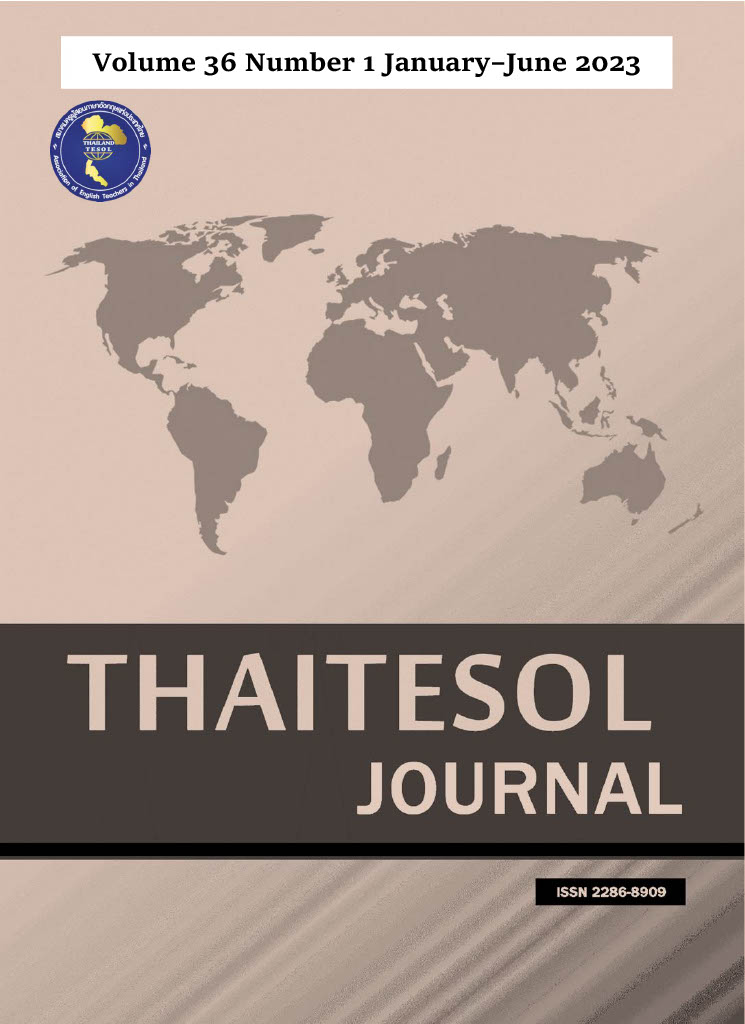Investigating the Reasons for Japanese University Students’ Hesitation in Studying Abroad: Implications for Enhancing University Study Abroad Programs
Main Article Content
Abstract
While several studies on study abroad have examined the impact of personal factors (e.g., gender, age, and family environment) on the decision to study abroad, a factor analysis has not yet been conducted on the reasons why some students choose not to study abroad. This paper highlights the role of academic study abroad programs in promoting global citizenship and internationalization within Japanese universities, driven by efforts of the Ministry of Education, Culture, Sports, Science and Technology. However, with the COVID-19 pandemic disrupting government policies and international travel, many uncertainties need to be addressed within university study abroad programs. To provide deeper insights, this research uses exploratory factor analysis to uncover common factors that influence the wants and needs of Japanese students considering study abroad programs. The subjects (n = 378) were first- to fourth-year university students of intermediate English language proficiency in the Kanto and Chubu areas of Japan. The research results indicate four main factors of Japanese university students who did not consider study abroad programs from 2021 to 2022 providing useful data for university administrators to create successful international experiences that support and address the needs of Japanese university students.
Article Details

This work is licensed under a Creative Commons Attribution-NoDerivatives 4.0 International License.
Materials in THAITESOL JOURNAL may be photocopied for educational purposes. Under no circumstances may any part of this journal be photocopied for commercial purposes.


